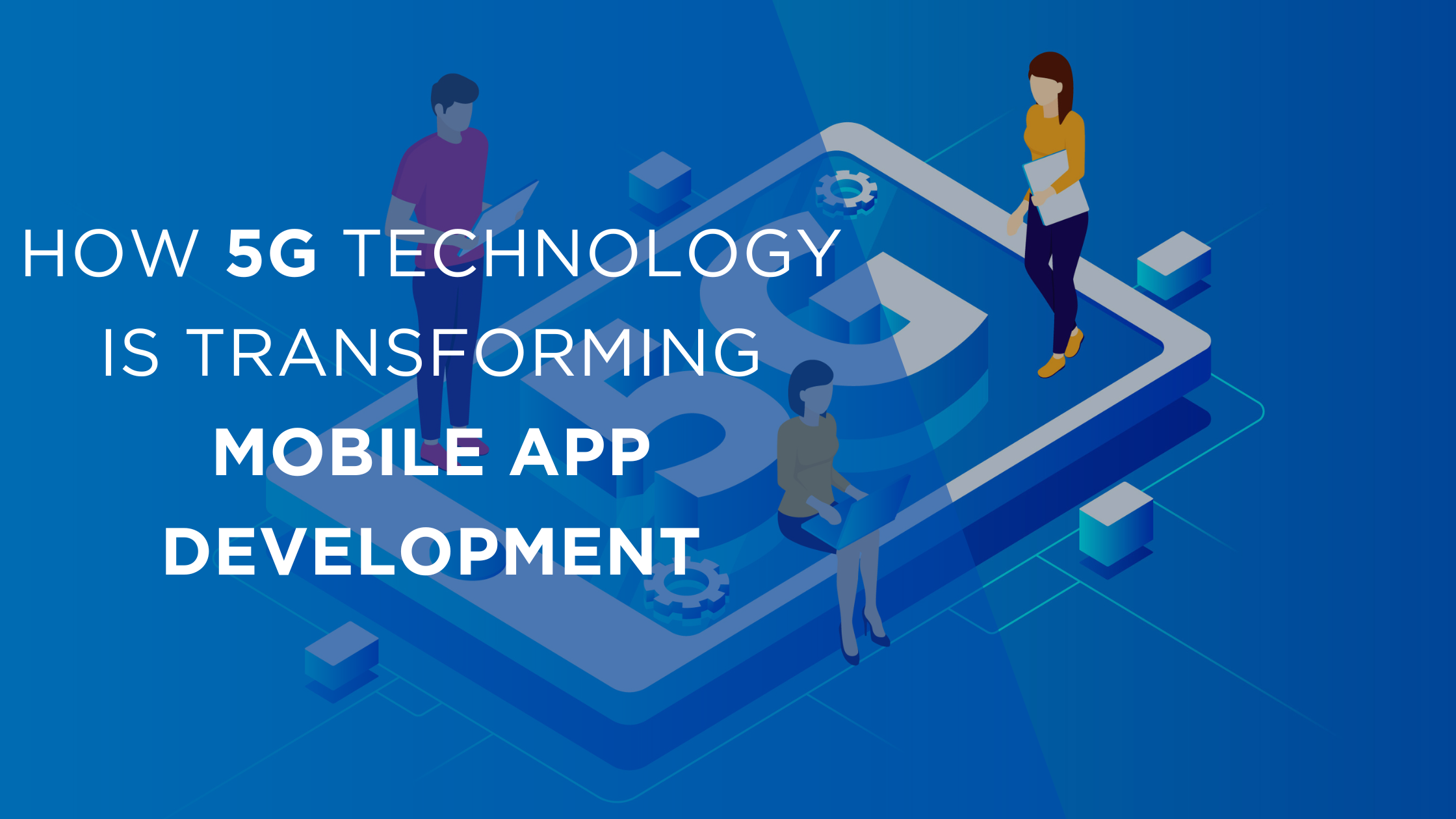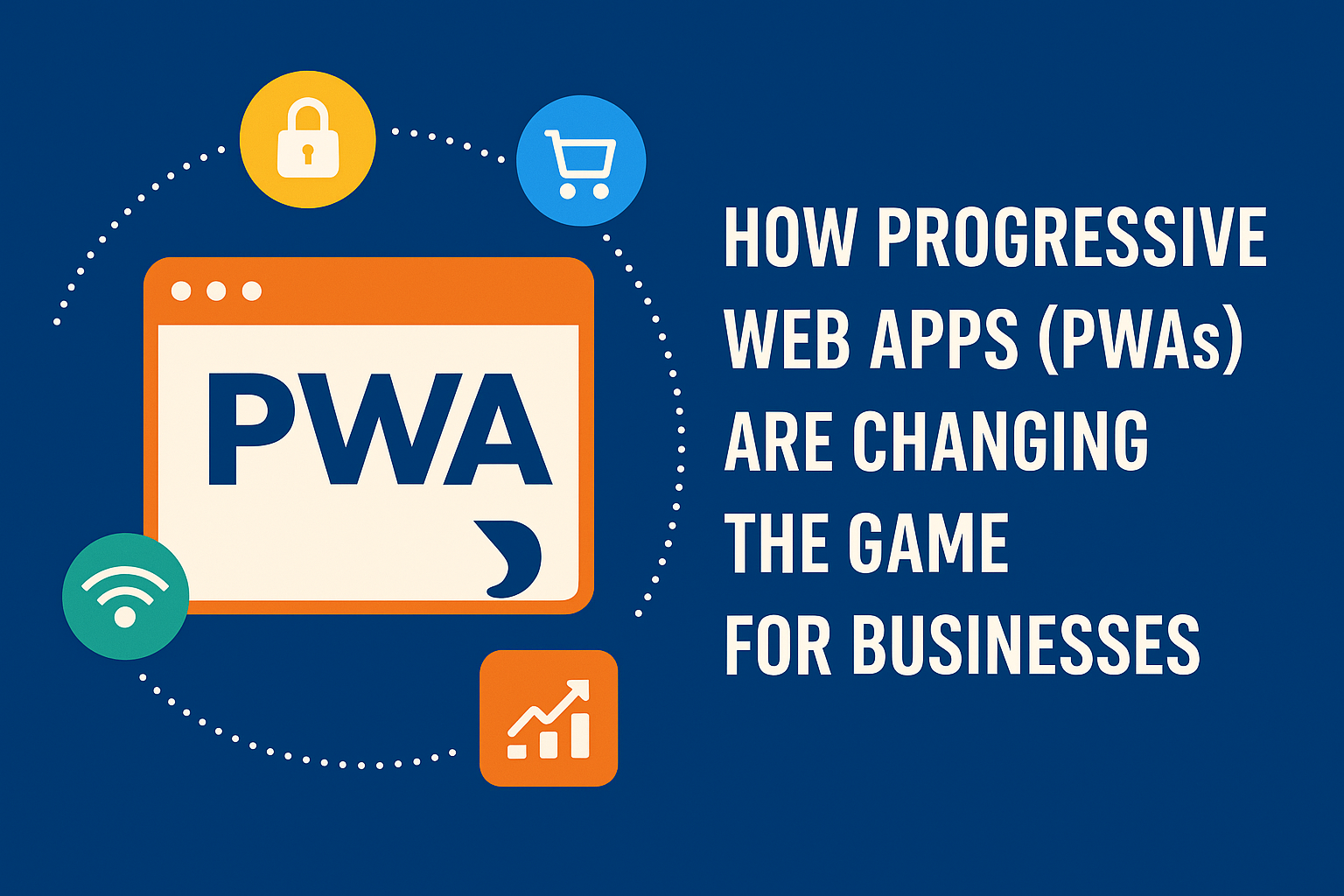How 5G Technology is Transforming Mobile App Development
Published: May 20, 4:02 PM

The rollout of 5G technology marks a significant milestone in mobile connectivity, promising ultra-fast speeds, reduced latency, and improved network capacity. As industries evolve to embrace this next-generation wireless standard, mobile app development is undergoing a major transformation. From enhanced user experiences to enabling new categories of apps, 5G is set to reshape the mobile app landscape in profound ways.
What is 5G?
5G, the fifth generation of mobile network technology, delivers download speeds up to 10 Gbps—nearly 100 times faster than 4G. It also drastically reduces latency to under 1 millisecond, supports higher device densities, and offers more reliable connections. These improvements open up new possibilities for mobile applications, particularly those requiring real-time data processing, high-quality media streaming, and seamless connectivity.
Key Ways 5G is Transforming Mobile App Development
1. Faster Speeds and Enhanced User Experience
The increased data transfer speeds of 5G enable apps to load almost instantaneously, improving responsiveness and minimizing buffering. This translates into a smoother, more engaging user experience, especially for resource-intensive apps such as games, video editors, and augmented reality (AR) platforms.
2. Seamless Integration of AR and VR
5G's ultra-low latency and high bandwidth make it the perfect partner for immersive technologies like AR and VR. Developers can now build highly interactive and real-time AR/VR apps for gaming, virtual shopping, remote work, and education, without worrying about lag or heavy on-device processing.
3. Edge Computing and IoT Synergy
5G enhances edge computing capabilities, where data is processed closer to the device rather than on distant servers. This synergy with IoT (Internet of Things) allows apps to provide real-time insights and interactions.
Think of smart home apps, connected vehicles, and healthcare monitoring apps that require constant, reliable connectivity.
4. Improved Cloud-Based Apps
With faster and more reliable connectivity, cloud-based mobile apps will become more common. Users can access powerful computing resources and storage in the cloud, reducing the need for high-end hardware. This enables lighter apps with richer functionality.
5. Smarter AI Integration
5G allows real-time data collection and processing, making it easier to integrate AI and machine learning into mobile apps. Features like voice recognition, real-time recommendations, and behavioral predictions will become faster and more accurate.
6. Enhanced Mobile Gaming
Mobile gaming stands to benefit greatly from 5G. High-speed connections support cloud gaming services and multiplayer functionality with minimal lag. Developers can create graphically advanced, interactive, and real-time multiplayer games that were once only possible on consoles or PCs.
7. New Business Opportunities
From remote surgeries to connected smart cities, 5G opens new avenues for innovative app ideas. Startups and businesses can now consider applications that rely on high-speed, real-time communication and data exchange, unlocking markets that were previously inaccessible.
Challenges to Consider
While 5G presents exciting possibilities, developers must also navigate certain challenges:
- Infrastructure Limitations: Full 5G coverage is still evolving in many regions.
- Increased Development Costs: Building apps that fully leverage 5G capabilities might require new tools, frameworks, and hardware testing.
- Security Concerns: With faster data transmission and more connected devices, ensuring robust security becomes even more critical.
Conclusion
5G is not just an upgrade in speed—it’s a paradigm shift that redefines what’s possible in mobile app development. As this technology becomes more widespread, developers who adapt quickly will have the opportunity to create more powerful, responsive, and innovative mobile apps than ever before.
Top Blogs
Published: Mar 31, 2025

How Progressive Web Apps (PWAs) Are Changing the Game for Businesses
Published: March 17, 2025

The Future of Education: How Technology is Shaping Learning Experiences
Published: March 03, 2025

Finance and Accounting Automation: Streamlining Processes for the Future
Published: Feb 17, 2025

Mental Health in the Digital Age: Navigating Social Media and Well-Being
Published: Feb 05, 2025

Blockchain Beyond Cryptocurrency: Innovative Applications Across Industries
View All